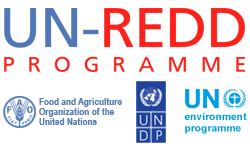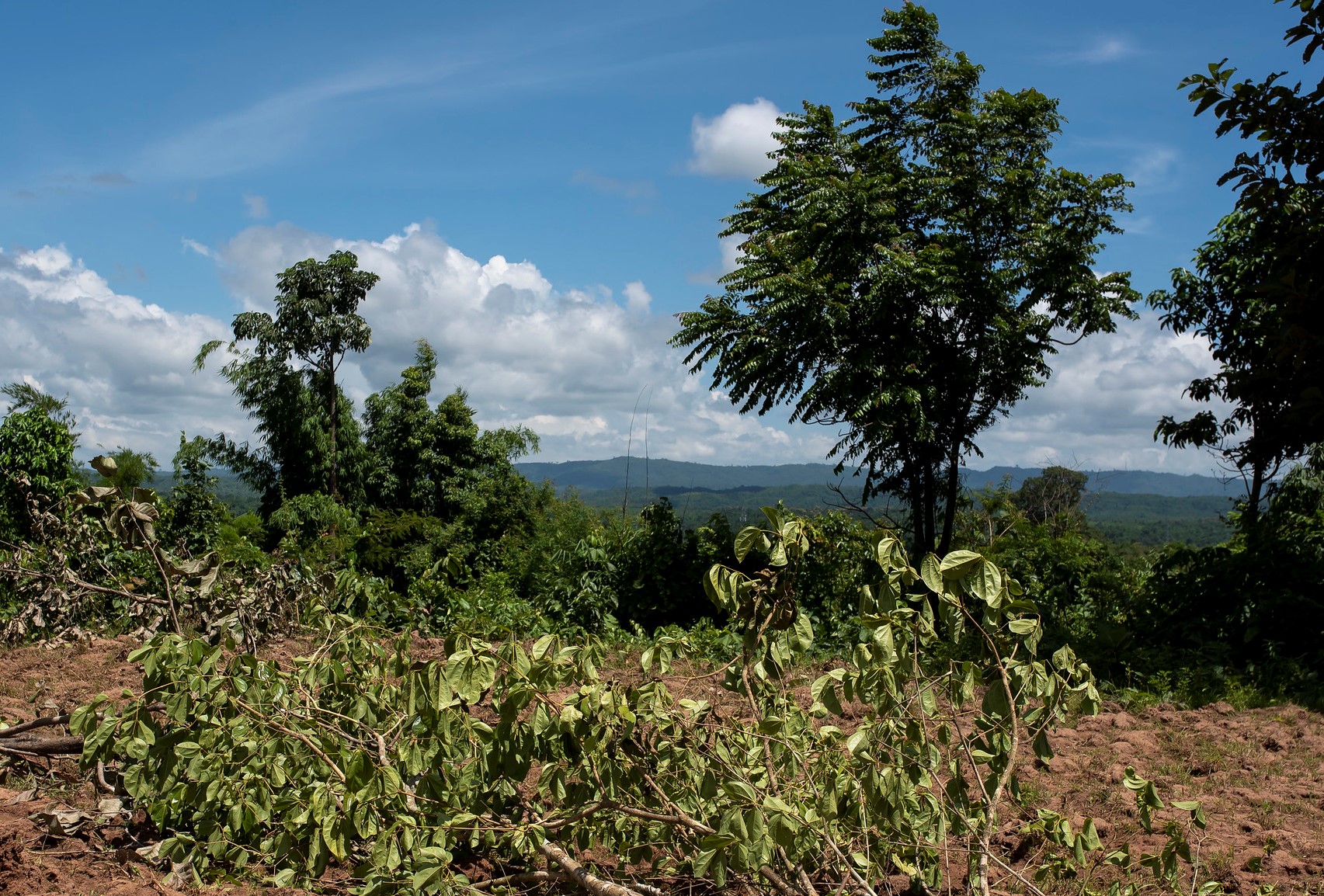
Sustainable Forest Trade Incubation Platform Supports Emerging Small Timber Enterprises in the Lower Mekong
In recent decades, the Lower Mekong Region (LMR) has been a hotbed of deforestation. Significant forest loss – from infrastructure development, agricultural expansion, illegal logging, mining and forest fires – has resulted in negative impacts to forests, biodiversity and the livelihoods of forest dependent communities. The UN-REDD Programme’s Sustainable Forest Trade in the LMR (SFT-LMR) is an initiative implemented by FAO and UNEP with national governments and regional and local partners in the region to reverse this trend and focus on addressing timber illegality while enhancing the sustainability of timber production and trade.
One key to increasing the supply of sustainable timber in the Lower Mekong region is investing in restoration and sustainable forestry enterprises. This requires the development of viable businesses that have the potential to scale up and attract commercial finance. There are many emerging businesses wanting to take advantage of changing approaches to forest protection and the emergence of sustainable timber production, but few small enterprises in the region have access to finance, knowledge, partners or markets.
As a result, a new programme under the SFT-LMR Initiative called the Sustainable Forest Trade Incubation Platform is launching this year to support small, private enterprises through a unique online mentorship program. Applicants from Lao PDR, Thailand and Viet Nam are either new enterprises developing innovative production or processing models, or existing, established enterprises that are pivoting towards more sustainable alternatives or expanding proven working practices.
In Viet Nam and Thailand, this mentorship program will support the development of business plans for two cohorts of 50 entrepreneurs and enterprises seeking early-stage commercial business opportunities in sustainable forest enterprises and forest restoration. The program will also provide support for capital requirements and engagement with capital providers to access finance. In Lao PDR, it will help identify and support initiatives to enhance the likelihood that implementation of new business plans will be successful.
“This is just the first step in a pilot project that could extend to more enterprises if successful. We want to open the eyes of these small timber enterprises to show them what is possible,” said Alexis Corblin, Senior Technical Advisor with UNEP, Asia-Pacific region. “Through this mentorship program, they can learn how sustainable business models work both economically and environmentally, while having a big impact on reducing deforestation, illegal logging and unsustainable practises.”
Each enterprise selected will have unprecedented access to professionals with experience in business and leadership. The six month programme will support all steps in the development and refinement of a business plan, increasing the possibility of attracting financing to implement the proposed plan for enterprises working in teak, rubber or eucalyptus value chains in Thailand, Viet Nam or Laos PDR.

